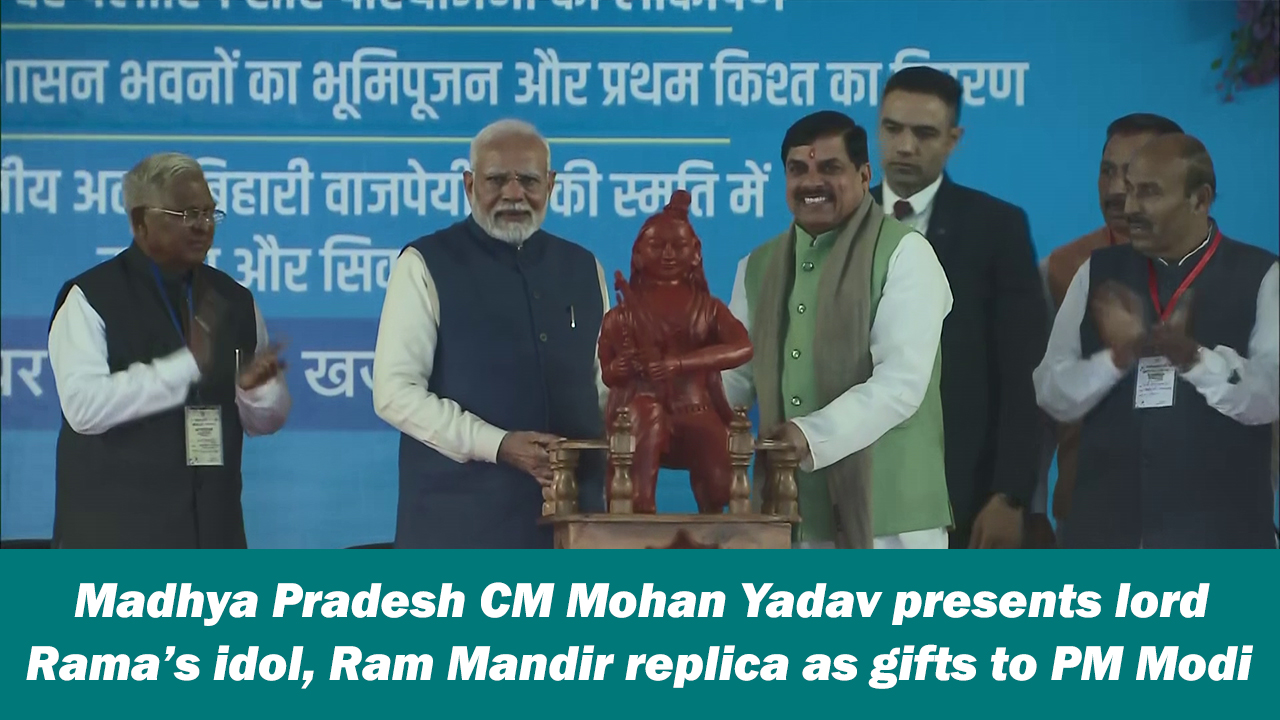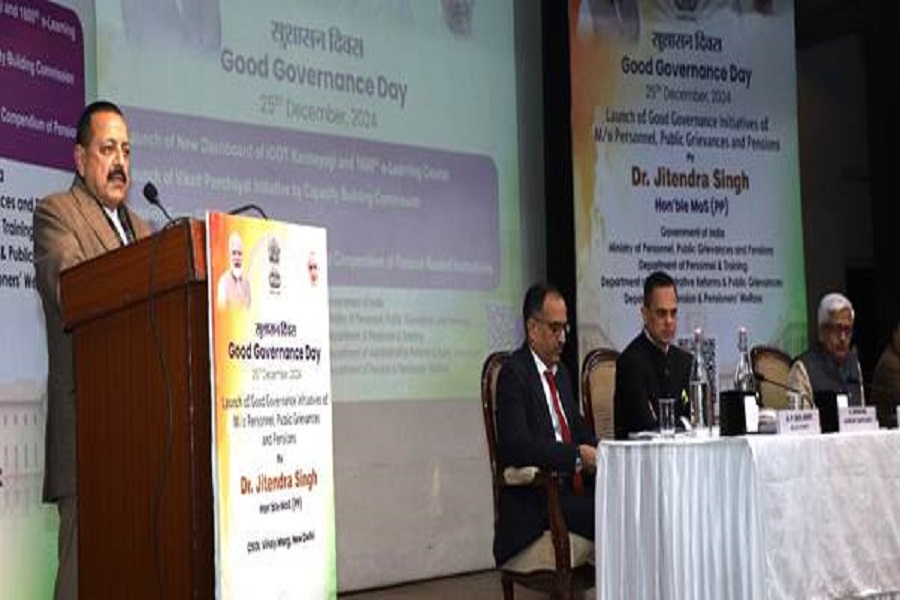Budget 2020: Incentivize HFCs and startups, cut tax rates to increase demand

Follow us Now on Telegram ! Get daily 10 - 12 important updates on Business, Finance and Investment. Join our Telegram Channel
Follow us Now on Telegram ! Get daily 10 - 12 important updates on Business, Finance and Investment. Join our Telegram Channel https://t.me/InvestmentGuruIndia
Download Telegram App before Joining the Channel
The stage is set for the Union budget 2020-21. As the finance ministry gears up for the big day amid a slowing economy, uninspiring consumer demand and falling tax revenues, various industrial sectors and the public at large have voiced their expectations. The government, as always, will have to maintain a fine balance between boosting tax revenue and introducing tax reforms to increase demand, besides reviving the economy. Here’s some of the expectations from the budget:
Real estate: The sector has been among the worst hit. The government must take certain measures to make the real estate sector financially more lucrative for homebuyers. Currently, the tax laws offer a rebate of up to ₹2 lakh for bank home loans. An upward revision of the limit, coupled with tax incentives for personal income will help boost demand, and make investments into real estate more lucrative. To incentivize housing finance, the government should extend the tax benefit to loans from housing finance companies, prescribed financial institutions and non-banking financial companies.
Manufacturing: The government’s move to reduce corporate tax rates was a welcome move. New manufacturing companies (set up after 1 October 2019) are now entitled to a reduced tax rate of 15%, subject to certain conditions. However, it puts existing manufacturers at a disadvantage. With a view to promote manufacturing activity across all sectors, the government may further rationalize the corporate tax rate for existing manufacturers as well. The government must offer a clarification on whether the reduced tax rate (for manufacturing activity) also covers contract manufacturing.
Micro, small and medium enterprises: Many MSMEs are incorporated as limited liability partnerships (LLP), for various reasons. With a view to bring LLPs on a par with companies, it is recommended that re-organization/merger of LLPs be also brought under the capital gains exemption, as is the case with companies. Besides, tax rates applicable for LLPs should be aligned with the reduced tax rates applicable for corporates. Such a measure will provide a level playing field for all entities regardless of their structure and facilitate ease of doing business. Further, with a view to promote growth for MSMEs, incorporated as companies, the government may consider abolishing the dividend distribution tax.
Startups: The government has remained committed to promoting startups and a culture of entrepreneurship, which play a key role in any developing economy. To incentivize startups, the government may introduce tax exemptions for promoters or founders who are issued additional shares for turning around a company. Further, to promote investments, government may also make exits from startups tax neutral in the hands of long-term investors.
E-commerce/digital: A global consensus is being developed on framing rules to tax the digital economy. India has introduced ‘significant economic presence’ rules, but it is recommended that such rules be deferred till a global consensus is reached.
Amit Singhania is partner and Rahul Yadav is principal associate at law firm Shardul Amarchand Mangaldas and Co.










Top News

FM Nirmala Sitharaman seeks greater presence of Competition Commission to ensure ease of doi...
Tag News

How Budget 2023 Impacts Your Personal Finance





 320-x-100_uti_gold.jpg" alt="Advertisement">
320-x-100_uti_gold.jpg" alt="Advertisement">





